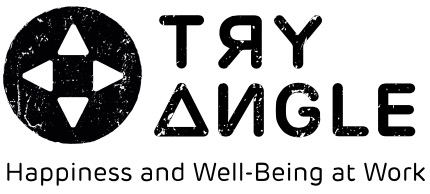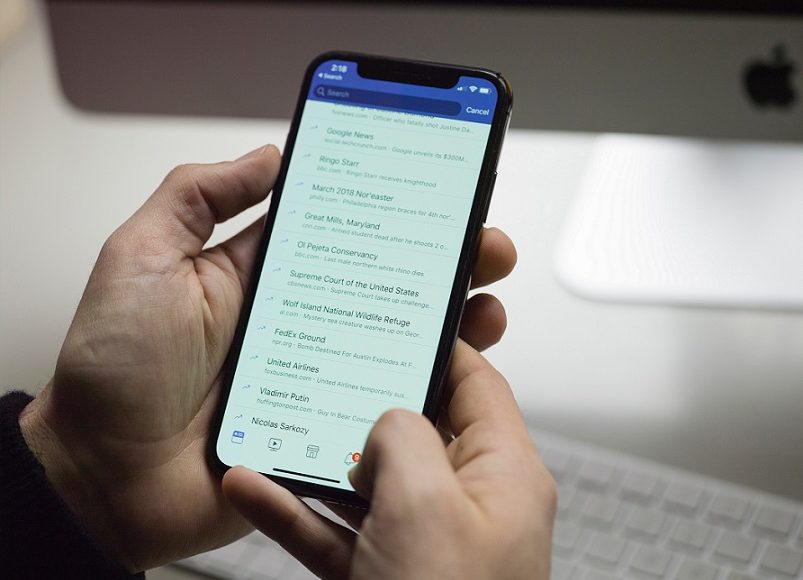“What’s a telephone?” asks a 6-year-old boy.
“It’s a mobile phone with a wire attached to it!” his slightly older sister proudly answers. “Grandma has one of those” she adds for clarification. I chuckle at this little conversation that I happen to overhear while waiting for my train.
Nowadays, the smartphone is a well-established instrument; that much is certain. It seems as if it has always been there. And yet, it was ‘only’ 10 years ago that Steve Jobs proudly presented the first iPhone to the world.
Today, we all spend an incredible amount of time on our smartphone. It is, of course, an unbelievably handy tool. What do you do when you have some free time? Right. You grab your smartphone. It’s always within reach. And hopefully sufficiently charged.
For many, it’s a ritual: scrolling through your mailbox. Quickly scanning some interesting newsletters … That work mail doesn’t seem very important now; it can wait until later. Ah, an invoice! Let’s pay it instantly. Anything new on Facebook? And Instagram? The notifications on LinkedIn, Pinterest and other social media keep provoking us. Before you know it, fifteen minutes have passed and just when you decide to turn off your phone, you notice that you have apparently missed an interesting message in one of your WhatsApp group chats.
Oh, here’s the train now. How time has flown by!
Sound familiar?
Internet and burn-out
Since the rise of the internet, our lives have changed dramatically. Around the turn of the century, the internet gained a strong momentum with, in its wake, a mudslide of information that became ever faster and wider. Whereas in the Middle Ages, you had to wait for a stagecoach or homing pigeon to bring you news from a few kilometres away, today, you know when someone is coughing at the other end of the world, even before the last echo has died out.
What is striking is that you don’t have to actively look for all this information yourself. No, the information just comes to you. With each sigh somewhere in the world, your smartphone squeezes out a jingle in order to capture your attention. It’s a dangerous combination for our brains: the internet combined with the distracting notifications from your smartphone. We do not realise it, but this combo is an unconscious source of stress. We are constantly connected to our friends, our interests, the world. Our brains are constantly stimulated. It’s almost logical that stress today is an issue, more than ever.
Or as researcher Alexander Markowetz puts it: “The smartphone not only hinders our productivity, even worse: it hinders our life’s happiness”.
Avoiding chronic stress is an investment in your health as well as the quality of your life. Realising that the smartphone plays an active role in this stress pattern, means at the same time seizing the opportunity to deal with it more consciously and limit potential stress overload.
What can you do to tackle smartphone stress?
- Be aware of your behaviour. There are apps (yes) that monitor and limit your time on social media, for example.
- At certain times of the day, literally put your smartphone away or keep it out of reach.
- Change the colour settings on your phone to black and white. Certain colours scream for attention and incite action.
- Turn off social media notifications. This eliminates the temptation to browse through the news at every ‘ping’.
- Limit your screen time towards the evening and ban the smartphone from your bedroom. It will definitely improve your night’s sleep.






